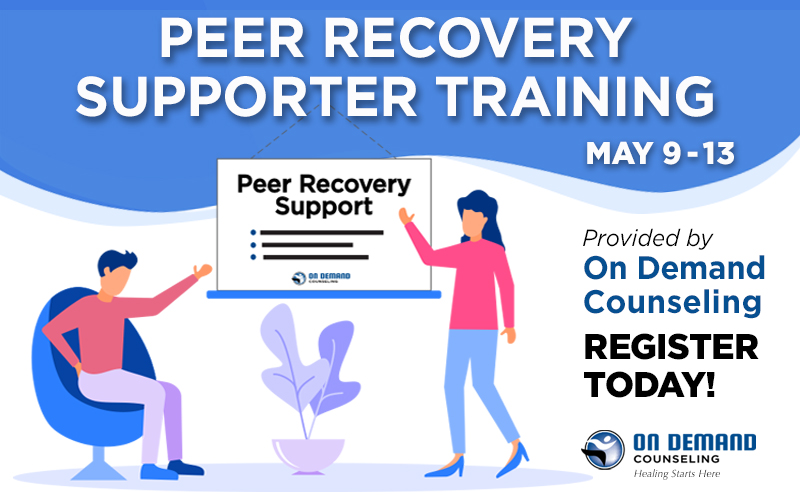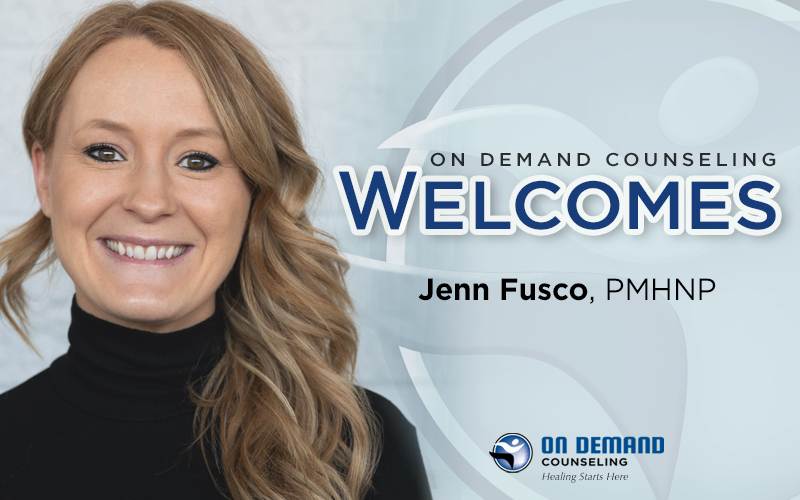There’s been a long-standing debate over whether drug use causes or is a symptom of mental health issues. In recent years, technology and the broad availability of data have helped scientists advance their understanding of the brain, and the conclusion is still unclear. The causality of mental illness and substance use disorders is undeniably linked, but it’s a lot more complicated than one causing the other.
There’s no doubt that addiction and mental health disorders share risk factors, and people with mental health diagnoses are more likely to misuse substances. Read on to find out more about the complicated relationship between mental health and substance abuse.
Does Mental Illness Cause Addiction?
Mental illness puts an individual at an increased risk for chronic substance use disorders, but not everyone who struggles with mental illness will turn to drugs and alcohol. As such, it’s not correct to say that mental health conditions cause addiction — instead, they’re risk factors.
On the other hand, it’s still very hard to tell if excessive drug or alcohol abuse directly causes mental health issues. Psychoactive drugs affect neurotransmitters in your brain that are responsible for regulating mood, motivation, pleasure, reward, sleep and much more. In many cases, they cause surges in these chemicals that deplete your natural supply. Over time, you can end up with such disordered levels of these vital chemicals that you experience the symptoms of mental illness.
In extreme cases, you could alter your brain’s mechanisms to the point where decision-making, motivation and joy are changed beyond repair.
Symptoms of a Mental Health Problem
If you or a loved one is concerned about signs of mental illness as a result of alcohol or drug use, look out for the following symptoms after the effects have worn off:
- Paranoia
- Hypervigilance
- Hyperactivity
- Anhedonia
- Psychosis
- Delusional thinking
- Suicidal ideation
Common Co-Occurring Disorders
The National Institute on Drug Abuse provides data that shows approximately one in four people with a serious mental illness also has a substance use disorder. SMIs include schizophrenia, major depressive disorder and bipolar disorder.
The following conditions are the most commonly diagnosed alongside addiction. Some of them are internalizing disorders, like anxiety and depression — these are thought to have a strong causal link to substance abuse disorders. However, there are links with other types of mental illness.
- Depression: Depression is characterized by an extreme lack of motivation and enjoyment in life. When the effects of substances wear off, it can create a similar feeling, and long-term substance abuse is thought to contribute to imbalances that cause depression. Plus, individuals who use depressant substances are likely to experience depression-like symptoms while inebriated.
- Anxiety: According to NIDA, anxiety disorders have a high rate of comorbidity. Substances like alcohol, benzodiazepines, opioids, cannabis and ketamine depress the central nervous system. For people with anxiety, this can feel like the perfect remedy to a fight-or-flight response that simply won’t turn off. On the other hand, stimulants like methamphetamine, cocaine, ecstasy and crack boost confidence and diminish inhibitions, which can ease symptoms related to anxiety. To further complicate matters, some substances can lead to chemical imbalances that make anxiety worse in the long run.
- ADHD: ADHD, particularly if undiagnosed in youth, is a major risk factor for addiction. People with this mental health condition struggle to focus and regulate themselves, and alcohol or drug abuse can feel like an effective method of overcoming this struggle. However, in the long term, using substances to try to rebalance your problems will only make them worse.
- Bipolar disorder: Bipolar is an SMI characterized by periods of depression and extreme mania. These cycles are outside the control of the sufferer if they haven’t received health care for the condition, making life scary and unpredictable. Substance abuse is one way someone can feel more in control of themselves and numb emotional pain.
- Schizophrenia: There’s a causal link between cannabis use and schizophrenia, but it relies on the presence of a particular gene. Additionally, people with this diagnosis are more likely to abuse drugs, alcohol and tobacco.
- Post-traumatic stress disorder: PTSD is an anxiety disorder, but it’s the one with the highest risk for addiction. People with this condition experience emotional and real-time flashbacks to traumatic experiences. If trauma isn’t addressed by a professional in a treatment facility, it won’t just heal by itself. Just like physical injuries, emotional wounds need to heal.
- Personality disorders: Cluster B disorders like borderline and antisocial personality disorders are strongly linked with substance abuse. With borderline PD, the individual struggles to regulate their emotions and relationships with other people, while those with antisocial PD have difficulty living in line with society’s rules and boundaries. In both cases, isolation, legal and financial problems are likely — all of which are risk factors for addiction.
Self-Medicating and Comorbidity
Substance use disorders were seen as disorders of judgment or a lack of self-control. However, there are usually clear reasons why someone lacks self-discipline to the extent that they’re prepared to put themselves in danger. For many, drug and alcohol abuse provides relief from challenging emotions and situations that the person with addiction hasn’t been able to get elsewhere.
Many people with mental health problems have unwanted feelings and thoughts that make daily life unbearable. Inebriation offers a temporary release from these triggers that send the individual spiraling into a cycle of self-destruction. Because it feels like the substances are helping that person, it’s very hard for them to reconcile that they make the situation worse in the long term.
The only way to stop this endless cycle is by finding new ways to cope with triggers and starting to focus on long-term fixes instead of temporary numbness. Addiction and mental health services can help you find the best ways to do this for your unique circumstances.
Anyone Can Overcome a Substance Use Disorder
If you’re worried that you might be struggling with addiction alongside a mental health disorder, On Demand Counseling can help. Our highly qualified team of experts can provide mental health treatment and give you the tools to gain control over a substance use disorder. The support you get while attending a treatment program will change your life and help you meet your goals for the future. Call us today at 330-270-8610 for more information.




